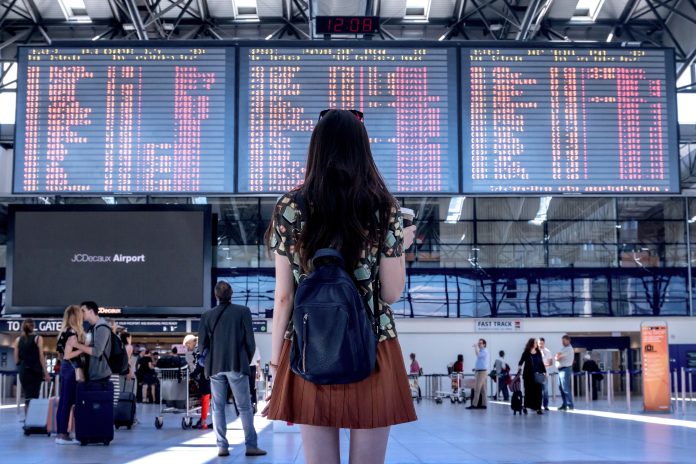
U.S. Citizenship and Immigration Services (USCIS) issued significant changes to student visa holders’ immigration requirements in Aug. 2024. International students leaving the United States for more than five months without retaining their enrollment in their study abroad program must have a new Form I-20 (proof of enrollment) and Student and Exchange Visitor Information System (SEVIS) number. Prior to the announcement, student (F-1) visa holders may retain active SEVIS status without requiring a new Form I-20. For longer study abroad programs, institutions generally issue new travel signatures and notify the Student and Exchange Visitor Program (SEVP) of students' academic status. This change could lead to confusion among international students as it disrupts the continuity of their immigration status and eligibility for employment opportunities in the U.S.
The new visa policies raised alarm about employment opportunities for international students, particularly Curricular Practical Training (CPT) and Optional Practical Training (OPT). CPT allows international students to gain work experience directly related to their field of study during their studies, while OPT enables them to work in the U.S. for up to 12 months after graduation (or 24 additional months for STEM fields). The concern stems from changes to SEVIS status, such as the issuance of a new Form I-20, which could disrupt a student’s eligibility for critical employment programs. The absence of clear directives can leave students, institutions and employers with logistical difficulties when acquiring and updating student visa documents.
Additionally, the separation of U.S. immigration departments could produce conflicting interpretations of F-1 visa policy reforms. The Student and Exchange Visitor Program (SEVP), which oversees student visa compliance, reports to Immigration and Customs Enforcement (ICE) rather than USCIS. These clashing implementations and overseeing agencies can create difficulties for international students trying to plan their academic and professional futures.
USCIS removed contentious language about study abroad programs by revising its policy manual on Nov. 26. The manual now directs readers to the DHS’s Study in the States webpage for guidance. However, this change introduced a new layer of uncertainty: the link provided in the manual leads only to the homepage, with no specific content addressing study abroad requirements.
Adding to the confusion, the Study in the States page currently lacks dedicated information on study abroad policies. To fill this gap, National Association of Foreign Student Advisers (NAFSA) — the Association of International Educators — compiled relevant content from Study in the States and centralized it on their own resource page. However, this patchwork solution lacks a clear, centralized guidance from DHS, leaving universities and students uncertain about the correct procedures to follow.
The uncertainty is compounded by the Trump administration’s hardline stance on immigration, prioritizing stricter enforcement and heightened scrutiny of visa applications. Among new policies is the increase in visa denials for international students, particularly those seeking OPT opportunities. The administration also proposed limiting the duration of student visas and requiring additional reapplications after a fixed term. Recently, colleges such as Columbia University, Harvard University and the University of Massachusetts Amherst have warned international students, faculty and staff to return to the U.S. before Trump is inaugurated on Jan. 20, 2025.
Vigilance, preparation and open communication are key to navigating immigration challenges for international students in the U.S. At DePauw University, international students should regularly check updates from International Students Affairs (ISA), keep all travel documents in one place, ensure their SEVIS numbers are recorded and maintain a valid travel signature on their I-20 form before returning to the U.S. Students can coordinate with ISA’s email at intlstudents@depauw.edu or Instagram page through @internationaldepauw_ for more information.
